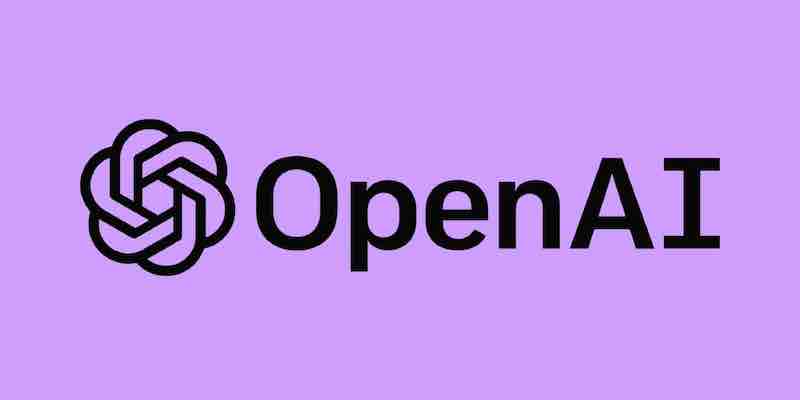The Challenges of Producing Quality Code When Using AI-Based Generalistic Models

Using AI with generalistic models for specific tasks, such as generating code, can lead to complications. The essence of the challenge is that using AI-generated code is akin to using code from an unknown source, which might not align with your quality standards. The potential solution lies in creating specialized or dedicated AI models. Luise Freese and Iona Varga discussed the practical dilemmas surrounding AI models and ethics at NDC Oslo 2023. They emphasized that while AI might hint at genuine intelligence, it primarily represents the model’s construction. Freese highlighted the pitfalls of using one AI model for all AI challenges, suggesting a shift towards more specialized models. Varga pointed out the importance of human intervention in assessing the quality and safety of AI-produced code.
Reference to the original article
AI’s Role in Code Generation
The integration of AI in code generation offers the potential for rapid development and automation. However, it also introduces challenges related to the quality and safety of the generated code. To ensure the quality and safety of AI-generated code, developers can:
- Implement Rigorous Testing: AI-generated code should undergo rigorous testing, including unit tests, integration tests, and end-to-end tests, to ensure its functionality and safety.
- Use AI in Tandem with Human Review: While AI can generate code, having human developers review the code can help catch nuances or potential issues the AI might miss.
- Maintain Updated Training Data: The quality of AI-generated code is only as good as the data it’s trained on. Regularly updating the training data can help the AI adapt to changing standards and best practices.
Specialized vs. Generalistic Models
Using specialized AI models for specific tasks can offer more accurate and tailored results than generalistic models. However, there are pros and cons to consider:
Benefits of Specialized Models:
- Higher Accuracy: Tailored for specific tasks, specialized models can provide more accurate results.
- Efficiency: They can be more efficient when optimized for a particular task.
- Better Handling of Nuances: Specialized models can better handle the nuances and intricacies of specific tasks.
Risks of Specialized Models:
- Less Flexibility: They might not perform well outside their specific domain.
- Resource Intensive: Developing and maintaining specialized models for various tasks can be resource-intensive.
Human Intervention in AI
As AI technologies continue to advance, human oversight remains paramount for several reasons:
- Ethical Considerations: Humans can ensure that AI operates within ethical boundaries, avoiding biases and ensuring fairness.
- Quality Assurance: While AI can generate outputs, human experts can validate the quality, relevance, and applicability of these outputs.
- Continuous Learning: AI models can make mistakes. Human intervention can help identify these mistakes, refine the models, and ensure they learn from them.
In conclusion, while AI offers immense potential in various sectors, human oversight and intervention remain crucial to harness its benefits while ensuring quality, safety, and ethics.